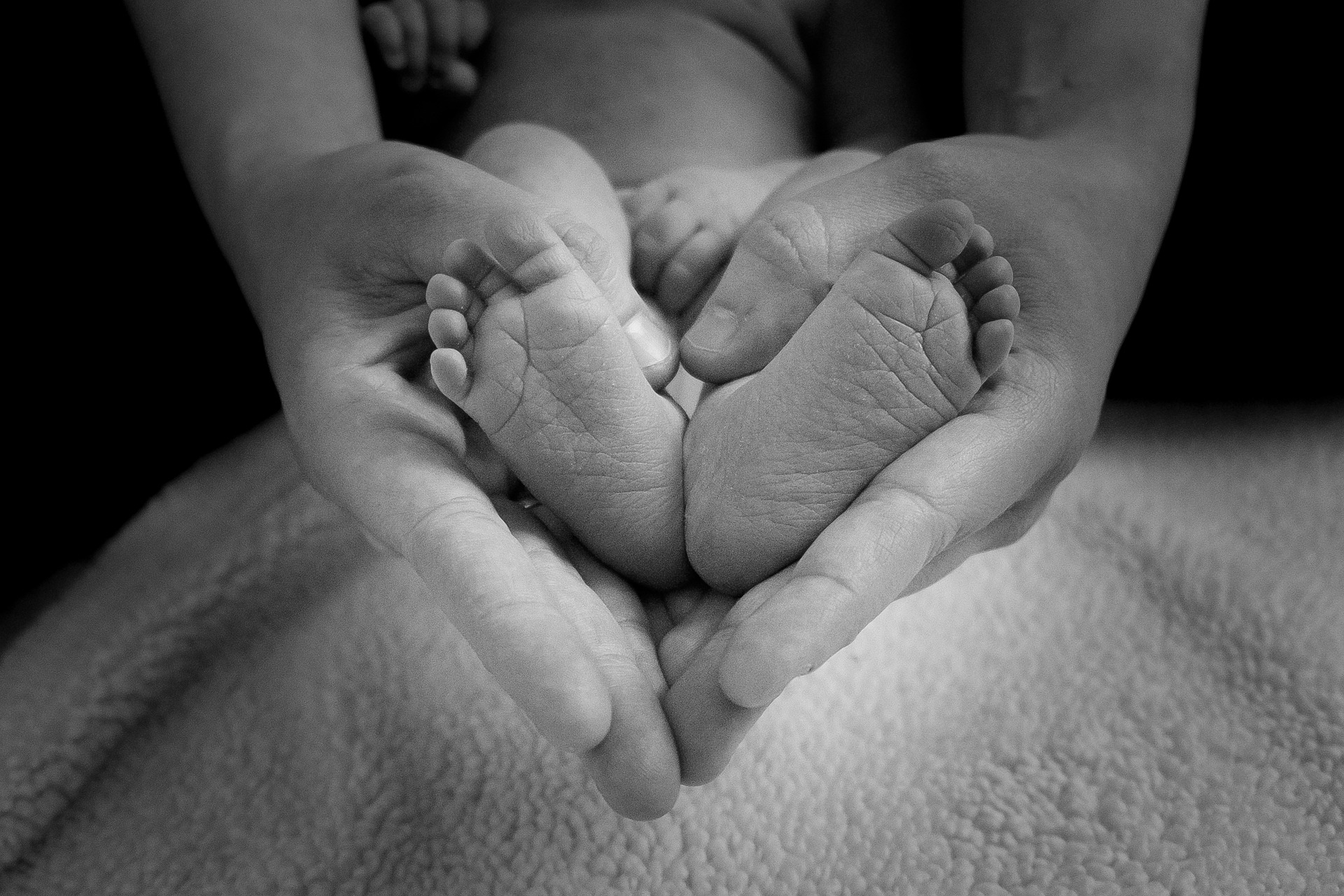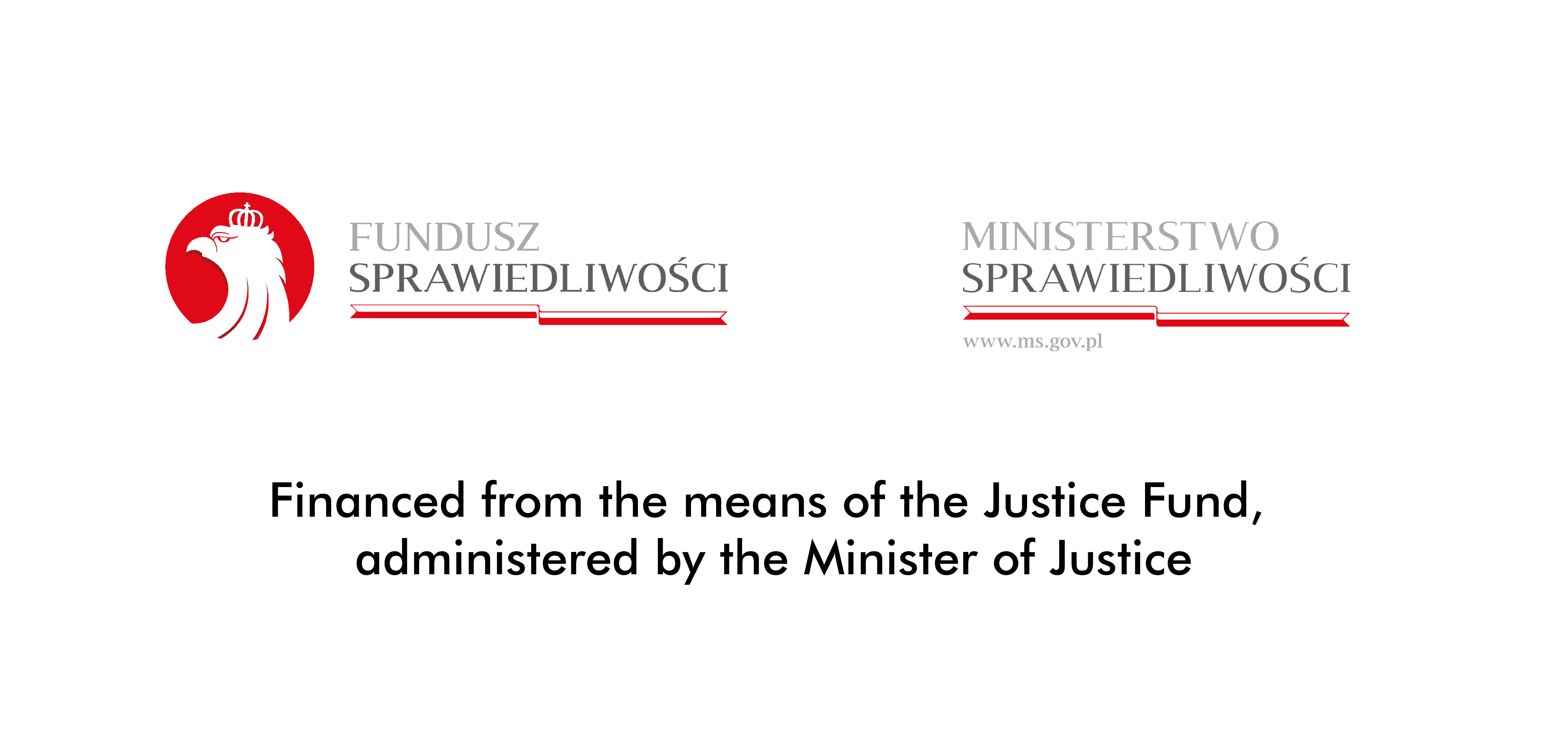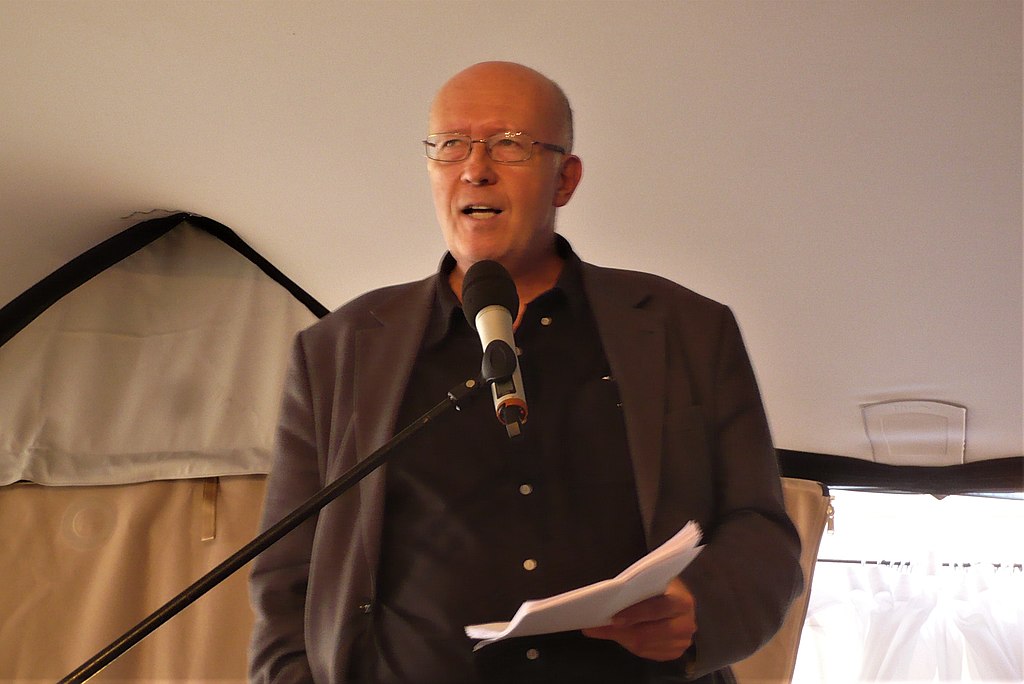The War for Life. The most effective tools of Polish pro-lifers

“From the point of view of Polish pro-lifers, the fortune in misfortune was that the pro-abortion strikes in 2020 were led by people so radical that the majority of the public did not want to identify with them. It is necessary to strive to ensure that the attitude to human life, especially that of the unborn, is as little related as possible to day-to-day political games. This issue should be as apolitical as possible” – says Paweł Ozdoba, president of the Polish Center for Life and Family.
PIOTR WŁOCZYK: A November 2022 poll for OKO.press indicated that 70% of Poles support the right to abortion on demand up to the 12th week of pregnancy. Could it be that Polish society has recently taken a radical turn to the left and turned away from prolife?
PAWEŁ OZDOBA: It is important to understand who commissioned and published this poll. OKO.press is a radical-left-wing media outlet, so the expectations of this milieu regarding the results of the poll are obvious. The second issue is the question of methodology – the scale of professionalism in which this poll was prepared. Knowing other polls and seeing for myself how Polish society approaches the issue of abortion, I am very skeptical of the results presented by OKO.press. I even consider them to be completely out of touch with reality. The extreme left in Poland is trying very hard to change the attitude of Poles towards the protection of life, but nevertheless these proportions are not yet as threatening in our country as they are, for example, in the West. It has been known for a long time that abortionists are using propaganda to create the impression that there is already a majority in Poland demanding a change in anti-abortion laws.
The results presented by OKO.press may come as even more of a surprise, given that just two years ago Gazeta Wyborcza, which, after all, also calls for a far-reaching liberalization of the anti-abortion law, published a poll conducted by the Kantar agency, which showed that only 22% of Poles support abortion on demand up to the 12th week of pregnancy.

As I said – we have to be very careful about polls. It is clear that something is wrong here. It is not possible for public opinion to make such a sharp turnaround. It is rather that someone wants the public opinion, after noticing the allegedly high support for abortion, to shift its position and align with the majority. If two years ago, at the height of the pro-abortion protests in Poland after the Constitutional Court tightened the anti-abortion law, the far-left Gazeta Wyborcza published its own poll, which showed that only 22% of citizens want unlimited abortion up to the 12th week of pregnancy, we can assume that this newspaper “squeezed” everything it could out of the poll to support the pro-abortion narrative. There is no way that support for abortion in Poland could have tripled in two years.
Unfortunately, it can also be presumed that the battle over abortion through the polls is also intended to help the main opposition force in Poland. For, as is well known, the Civic Platform under Donald Tusk has officially announced that its goal is to change the current legal situation in Poland and legalize abortion up to the 12th week of pregnancy. Moreover, the chairman of the party has made it clear that politicians who do not support this demand will not be on the current oposition’s electoral lists in the upcoming elections. So I consider such polls an element of the political struggle in our country, creating fertile ground for building up the strength of the opposition camp, which wants to fundamentally remodel Polish society.
However, there is no doubt that the leftist mainstream has become much more radical on the issue of abortion than it was just a few years ago. Today, extreme abortion demands, such as “freedom of choice” to end a pregnancy, are no longer completely on the fringes of the movement.
The Constitutional Court’s ban of eugenic abortion, when the unborn child is gravely ill, has caused a veritable eruption of radicalism on the left. The debate on the subject ceased to be rational, since opponents of the Tribunal’s verdict argued that abortion had been completely outlawed in Poland. Fake news was being circulated, according to which even when the life of the pregnant mother is in immediate danger, abortion cannot be performed in Polish hospitals. And this, after all, is not true – Polish law always allows saving the life of a pregnant mother even at the expense of the child, if such an extreme situation occurs.
On the other hand, conservative public opinion and people associated with the Church have said that this is a very good decision and it is worth striving to raise the standard of protecing life, even if the other side is so radicalized. Unfortunately, the radicalization of feminists has exerted a very negative influence on young people, who are exposed to increasingly radical pro-abortion demands in the form of the “Abortion Dream Team” group. Our job is to show the other side of the coin, that is, to reach young people with a message emphasizing the value of every human life.

Some commentators on the right, however, have expressed concern amid the outbreak of vigorous protests that perhaps the rulin of the Constitutional Tribunal was a mistake, because now the “pendulum” may swing in the other direction. What is your view on this?
I do not consider this ruling a mistake. Any action that aims to save human life, even if that life is fragile or plagued by illness, can never be considered a mistake. We see that the feminist milieu has been radicalizing society for years, and I think that even without the Constitutional Tribunal’s ruling we would be dealing with increasingly atrocious demands. We see that abroad, especially in the West, feminists are pushing for full access to abortion throughout the term of pregnancy.
Another thing is that if this change were to occur through parliamentary action, it would be much easier to reverse later. Meanwhile, it is now necessary to amend the Constitution to liberalize the law or wait for the Constitutional Tribunal to change its composition. Therefore, I believe that ensuring the protection of the lives of ill children through a ruling of the Tribunal was the optimal way out.
However, it should also be noted that over these last two years the temperature of the dispute over abortion has subsided considerably, and today the issue no longer affects public sentiment so much.
One must also admit that the Polish right-wing could not have chosen a better opponent than Marta Lempart and her comrades in this clash of civilizations…
It is true that a very radical faction of feminist circles took the initiative in the 2020 pro-abortion protests. Initially, these demonstrations were very vigorous and it all looked extremely threatening, but quite quickly, due to the radicalism of the group leading the protests and their association with very far-reaching political slogans beyond abortion itself, more and more people cut themselves off from such actions. The radicalism proved too great to create broad and sustained public resistance. I think that the cohesion of the camp opposing the Constitutional Tribunal’s verdict was primarily harmed by attacking churches, the faithful, as well as vandalizing public space. The vast majority of the public widely considered these actions as viewed crossing the line. So you are right that, from the point of view of Polish pro-lifers, the fortune in misfortune was that the pro-abortion strikes were led by people so radical that the majority of society did not want to identify with them.
Once again, it turned out that radicalism is not effective.
How are Polish pro-lifers today trying to influence reality?
Today, our strategy focuses primarily on shaping the right attitudes in society. We aim to make the protection of life as universal a value as possible, independent of our political views or faith. Efforts should be made to ensure that attitudes toward human life, especially that of the unborn, are as unrelated as possible to day-to-day political games. This issue should be as apolitical as possible.

At our Marches for Life and Family, we try to promote such an attitude, and you can see that it is well received. After all, these gatherings are attended by big crowds of people of all ages every year, but we are especially pleased that young people attend them in numbers.
What can pregnant women who find themselves in a difficult life situation specifically count on from your initiative? Often, after all, it is the difficult financial situation that is an argument against new life.
Atthe Center for Life and Family, we regularly collect resources needed for mothers and children and donate them to single mothers’ homes. There are many such centers in our country, and no woman who carries a baby and is in a difficult situation will be left alone. Polish pro-lifers do a lot to educate the public, but they are also concerned about providing the necessary conditions for women in need not to succumb to desperation and not to make tragically bad decisions that cannot be undone.
It is also necessary to mention the great role of Church institutions, which provide assistance to mothers and care for the sick. This, by the way, is very symptomatic – the extreme left believes that the best form of “help” in the case of a severe diagnosis of an unborn child is death. The Church, meanwhile, calls for choosing life and, in parallel, surrounds the mother and her ill child with real help.
Our organization is also engaged in lobbying activities. We try to convince politicians to support pro-family policies, to make life easier for parents, if only by building nurseries. Such elements also make it easier for people to choose life, because they are less afraid of their future.
A certain underestimated sphere of support that pro-lifers bring is prayer. The Left scoffs at this, but Christians know very well what a powerful weapon the rosary is, especially for the unborn. A great many lives have been saved in this way.
Today, with Poland being ruled by a right-wing government, are Polish schools implementing a curriculum based on the demands of the pro-life movement?
As far as the program is concerned, everything looks good on paper. After all, we have a mandatory subject of “Education for Life in the Family”. Unfortunately, this subject is too often treated in a low-key manner, and not all schools treat these classes seriously. They are often conducted in an interesting way, often using unattractive methods of transferring knowledge, which discourages students from paying attention. In addition, the subject itself often evokes negative associations. And this is a big mistake.
Another issue is the appearance of so-called sex educators in schools, especially in large cities. Under the guise of a healthy lifestyle, these activists smuggle pro-abortion slogans into conversations with young people. We are trying to bring this problem to the attention of educational authorities, as well as alerting parents to be alert to attempts to introduce such dangerous programs into schools that only promote abortion, but also gender ideology and LGBT movement demands.
Do Polish pro-lifers today feel extensive pressure from abroad for Poland to change its anti-abortion laws?
I am most concerned about the actions of the European Union, which is not hiding away from its pro-abortion policies at all. There is a danger that in the coming years the EU will increasingly tie abortion to human rights and budgetary issues. It may turn out that the financial element will also be used by Brussels against countries where the law favors the protection of life. Unfortunately, seeing how the European Union currently operates, such a scenario must be taken seriously. The situation is similar, by the way, on the issue of so-called gay marriage. The EU is moving like a battering ram towards the unification of laws in the Member States, and the atmosphere surrounding this topic between the EU headquarters and countries that do not agree to such changes will be increasingly contentious.




